The cowboy skills trail, a rodeo
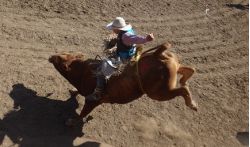
In spite of his Spanish roots, rodeo is a traditional sport of the American cowboys. But because of the proximity to the US border, it is well widespread in some northern states of Mexico too.
The history of rodeo goes with it roots through the distant past. With the arrival of the Spanish conquistadors the first ranchos began to appear in the north of New Spain (Mexico) and a round pens, known as El Rodeo, were established, where the wild bulls and horses have been domesticated. The Spaniards, traditionally famous for their ability to work with a lasso when riding, passed on their skills to the hired workers so that they could monitor the herds more effectively. The roots of the modern rodeo are exactly in this skill need for each cattle-breeder.
After separation of the modern South American states from Mexico, the cowboys started to outstrip the cattle over long distances. For some time the rodeos were amateur competitions in agility and the ability to break in of restive horses and to lasso bulls and were organized by cowboys in their spare time.
At the end of the XIX century, with the advent of farms, the need of cattle moving from pasture to pasture disappeared. The demand for services of cowboys decreased slightly. In such circumstances, the rodeo, turned into a show for the audience, was an excellent mean of earning for them. Gradually the general rules of the rodeo have formed, called upon to protect cowboys, animals, and the audience and to provide entertainment.
Today rodeo includes several kinds of competitions, conducted either individually or as part of a major event: the races on a wild bull, on the bareback and saddle horse, bull catching on lasso, the lowering of the bull, racing around the barrels, and others. However, most often the word "rodeo" is used for races on the "wild bull» (Bullriding) and saddled (Saddle Bronc Riding) or bareback (Bareback Bronc Riding) horse. The cowboy must not only keep riding for eight seconds, but also show the potential of the animal, spurring it. If the bull or the horse will not be enough "frisky", the judge may assign a restart on another animal.
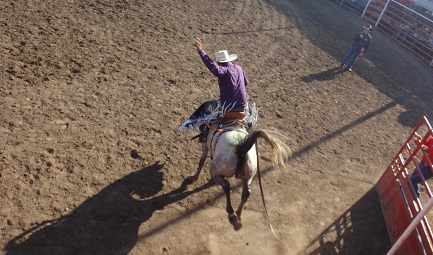
The other kinds of competition are called upon to show the cowboy skills in handling cattle. For example, in bull lassoing (Calf Roping) it is required to catch the calf, throwing a lasso around his neck, and to hobble it. To get "approved", it is necessary to tie a calf legs so that he could not untie the rope at least for six seconds. In the lowering of the bull (Steer Wrestling) the cowboy has to jump from the horse on the bull’s back and to let the animal fall to the ground by hauling its horns. In the team competition (Team Roping) one of the participants needs to throw a lasso on the horns or neck of the calf, and another – on its hind legs. The winner is the team which will realize the task faster. In the Single Steer Roping the cowboy shows a mastery of the lasso, throwing it on the horns of the animal; when he stops the horse abruptly, the bull topples to the ground. In the racing with the barrels (Barrel Racing) today only women participate: the participants have to gallop between barrels spaced on the arena, with the overturned ones the points are taken away.
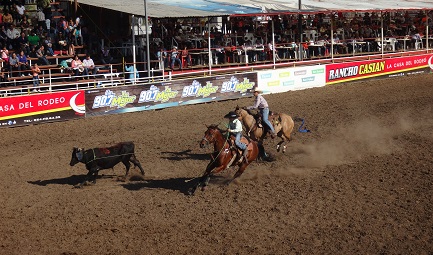
In addition to its direct participants – cowboys, in rodeo with bulls also bullfighters are involved; they are so-called "clowns" which distract the bull after the fall of the cowboy. Rodeo has a varied program of "additional" performances and competitions, such as children's rodeo, where instead of the bull little cowboys hobble a lamb.
Any rodeo cannot be complete without the queen. The choice falls on the girl who shows the best riding skills, knowledge of the rules of the rodeo, and of course, shiny appearance and personality.
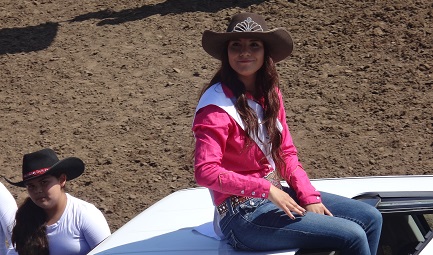
Despite the fact that the rodeo is a sport, it was and remains primarily a spectacular performance, which absorbed the cultural mix of American and Mexican cowboys.
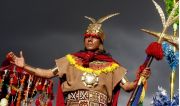
The Incas are one of the legendary civilizations whose many secrets have not been clued yet. For those who´re interested in these mysterious ancient inhabitants of modern Peru, we offer some facts that you probably have not known yet.
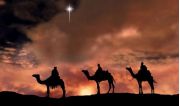
January 6 the Catholic Church celebrates the Epiphany. This day is also dedicated to the memory of Three Kings (Magi) who brought gifts to baby Jesus at Christmas.















